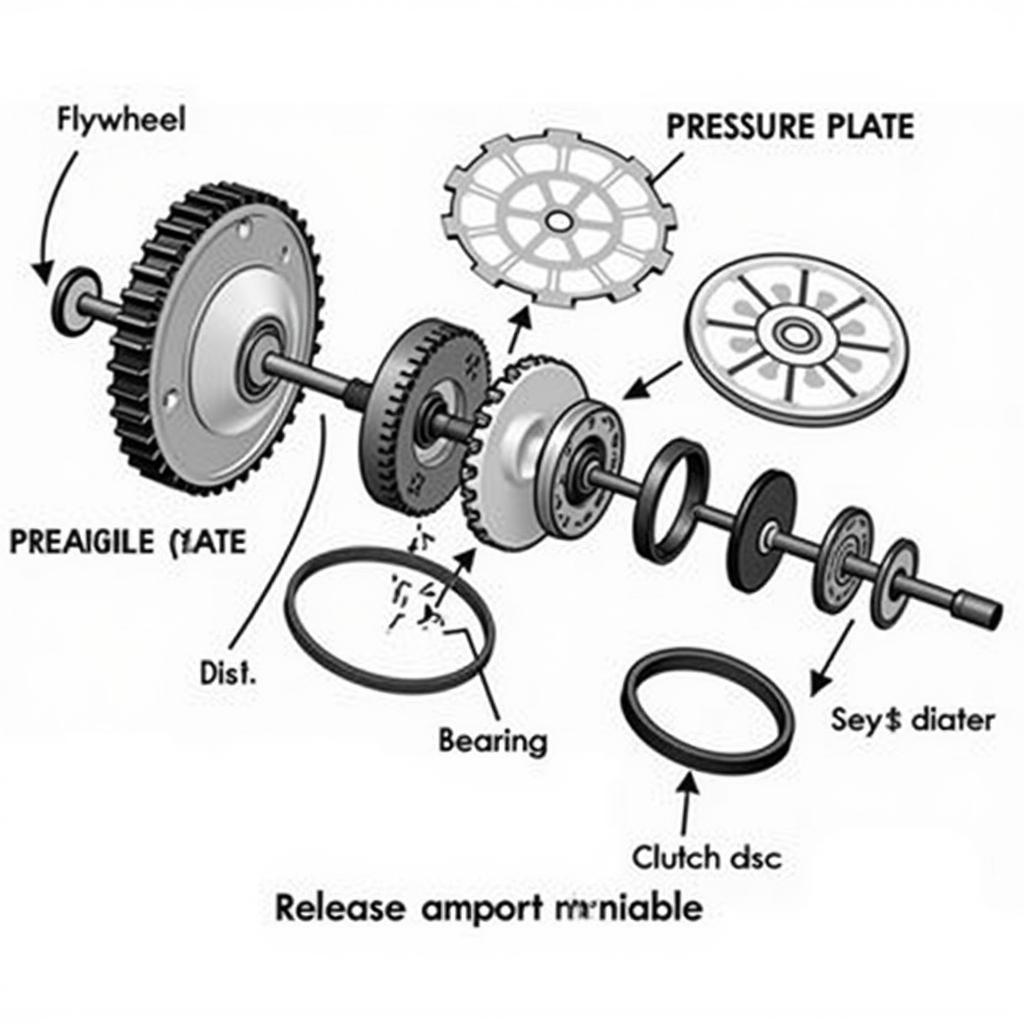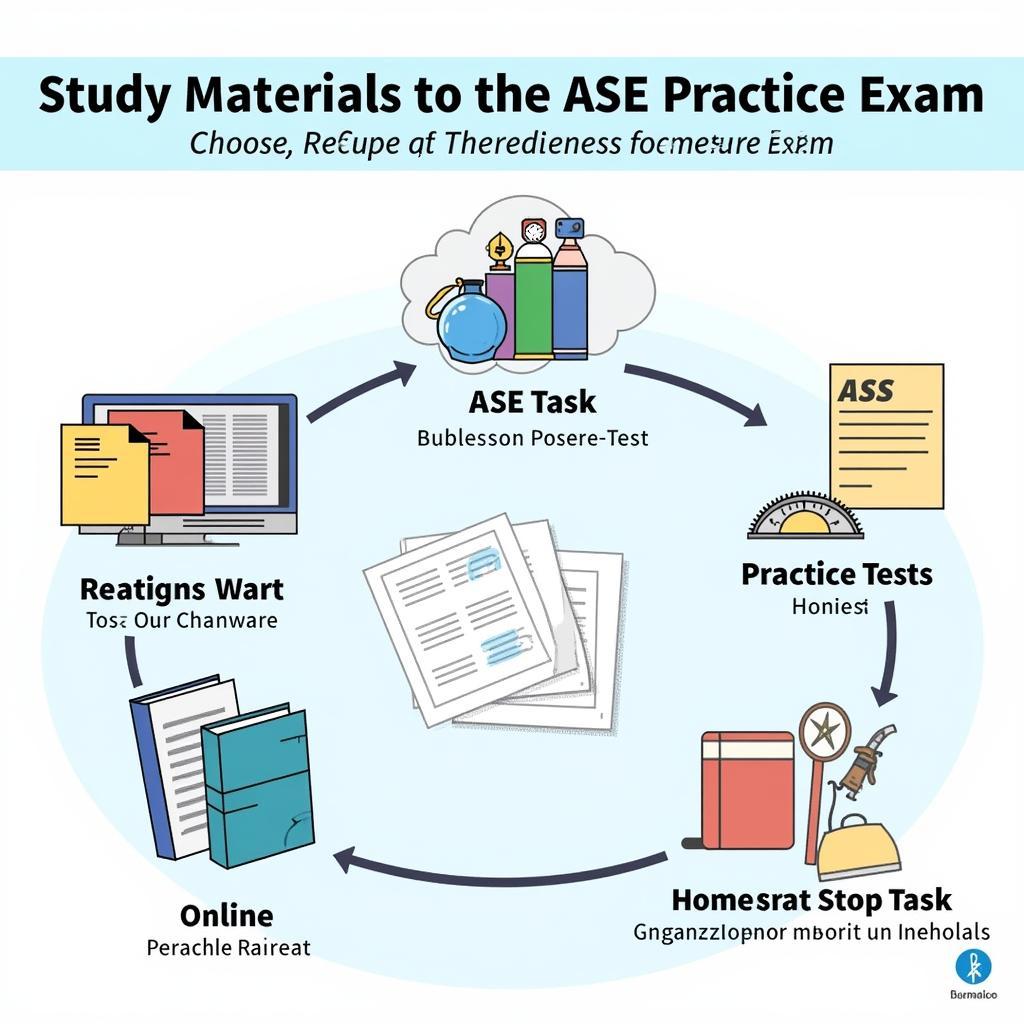ASEAN, a vibrant and growing economic powerhouse, presents a compelling market for businesses seeking to expand their operations. However, navigating the complex regulatory landscape, particularly in the electrical sector, can be challenging. This comprehensive guide provides an in-depth understanding of ASEAN electrical certifications, their importance, and how to achieve compliance for smooth market entry and long-term success.
Why Are ASEAN Electrical Certifications Important?
ASEAN electrical certifications are essential for ensuring safety, reliability, and interoperability of electrical equipment within the region. They serve as a common standard, facilitating free trade and seamless integration of products across diverse national markets. For businesses, complying with these certifications:
- Guarantees safety and reliability: Certifications ensure that electrical products meet stringent safety standards, protecting consumers and preventing accidents.
- Improves market access: Compliance with ASEAN standards demonstrates adherence to regional regulations, facilitating smoother market entry and export opportunities.
- Enhances brand reputation: Certifications build consumer trust and confidence, enhancing brand image and positioning businesses as reliable and responsible.
- Reduces costs: A single certification for multiple ASEAN countries minimizes the need for multiple certifications, saving time, resources, and costs.
Types of ASEAN Electrical Certifications
The ASEAN region has adopted a comprehensive system of electrical certifications, encompassing various aspects of product safety and performance. Some of the key certifications include:
- IECEE CB Scheme: The International Electrotechnical Commission (IEC) Conformity Assessment System for Electrical Equipment (IECEE) offers a mutual recognition arrangement for national certification bodies. Products certified under the CB Scheme are recognized by participating countries, eliminating the need for separate certifications.
- ASEAN Electrical Safety & Compliance Program: This program aims to harmonize electrical safety standards across ASEAN countries. It focuses on promoting regional collaboration and sharing best practices for product testing and certification.
- National Certification Bodies: Each ASEAN country has its own national certification body responsible for overseeing and issuing certifications for electrical products within its jurisdiction.
How to Obtain ASEAN Electrical Certifications
The process for obtaining ASEAN electrical certifications involves several steps, including:
- Product Selection: Identify the electrical products requiring certification.
- Certification Body Selection: Choose a reputable certification body accredited by the ASEAN Electrical Safety & Compliance Program or the IECEE CB Scheme.
- Application Submission: Submit a formal application to the selected certification body, including detailed information about the product and its specifications.
- Product Testing: The certification body will conduct thorough testing of the product to ensure it meets the applicable standards.
- Certification Approval: If the product passes all tests and meets the requirements, the certification body will issue a certification.
- Product Labeling: Apply the certification mark to the product and its packaging to indicate compliance.
Key Considerations for ASEAN Electrical Certifications
When navigating the world of ASEAN electrical certifications, consider the following key factors:
- Product Requirements: Understand the specific requirements for each product category and ensure it complies with the relevant standards.
- Certification Body Selection: Choose a reputable and accredited certification body that can provide efficient and reliable services.
- Testing & Approval: Prepare for thorough testing procedures and potential revisions to meet the standards.
- Product Labeling: Adhere to the labeling guidelines for the certification mark and ensure clear and accurate information.
- Post-Certification Maintenance: Regularly review and update your products and processes to maintain compliance with evolving standards.
Navigating ASEAN Electrical Certification Challenges
Obtaining ASEAN electrical certifications can pose some challenges:
- Different National Standards: While ASEAN promotes harmonization, some variations exist between national standards, requiring careful consideration.
- Complex Procedures: The certification process involves multiple steps, including product testing, documentation, and approval, requiring careful planning and coordination.
- Cost & Time: Obtaining certifications requires financial investment and time commitment for testing, documentation, and administrative procedures.
Tips for Success
- Early Planning: Start the certification process early in the product development stage to allow ample time for testing and adjustments.
- Collaboration: Work closely with your certification body and consult with industry experts for guidance and support.
- Documentation: Maintain thorough documentation of your product and its testing process to ensure a smooth and successful certification.
- Continuous Improvement: Stay updated on the latest regulations and standards to maintain compliance and enhance your products’ competitiveness.
“ASEAN electrical certifications are essential for businesses seeking to tap into this dynamic and growing market. By understanding the regulations and complying with certification requirements, businesses can establish a solid foundation for success in the ASEAN region,” says [insert expert name], a leading consultant in ASEAN electrical regulations.
Frequently Asked Questions (FAQ)
1. What are the benefits of obtaining ASEAN electrical certifications?
ASEAN electrical certifications ensure product safety, reliability, and interoperability, facilitating market access, enhancing brand reputation, and reducing costs.
2. How do I choose the right certification body for my product?
Select a reputable certification body accredited by the ASEAN Electrical Safety & Compliance Program or the IECEE CB Scheme, taking into account its expertise, experience, and efficiency.
3. What documentation is required for certification applications?
Submit detailed product information, specifications, test reports, and relevant documentation to the certification body.
4. How long does it take to obtain ASEAN electrical certifications?
The duration varies based on product complexity, testing procedures, and certification body timelines. Plan accordingly, allowing ample time for the process.
5. Can I use a single certification for multiple ASEAN countries?
Certifications under the IECEE CB Scheme are recognized by participating countries, allowing for a single certification for wider market access.
6. What are the costs involved in obtaining ASEAN electrical certifications?
Certification costs vary based on product complexity, testing requirements, and certification body fees. Contact potential bodies for specific quotes.
7. How do I ensure my products remain compliant with ASEAN electrical standards?
Regularly review and update your products and processes to meet evolving standards, consider post-certification audits, and stay informed about industry updates.
**This guide provides a solid foundation for understanding ASEAN electrical certifications and navigating the compliance process. For specific product requirements, specific guidance on choosing the right certification body, and assistance with the application and testing process, please contact us at:
Phone: 0369020373
Email: aseanmediadirectory@gmail.com
Address: Thôn Ngọc Liễn, Hiệp Hòa, Bắc Giang, Việt Nam.
We are available 24/7 to assist you in achieving successful market entry and ensuring compliance in the ASEAN region.
We understand the importance of navigating the ASEAN electrical certification landscape. If you have any further questions, please visit our website and explore our resources.


